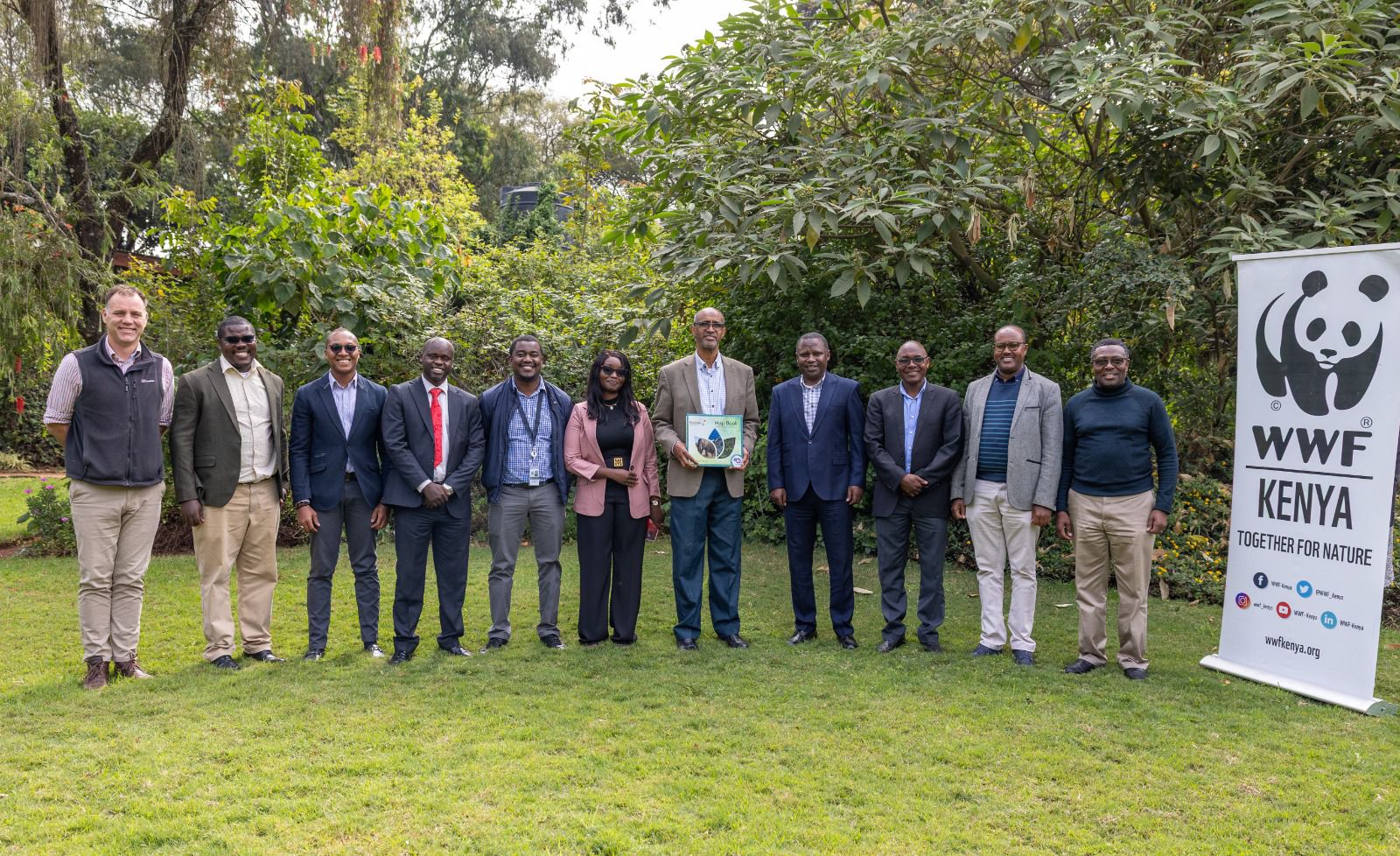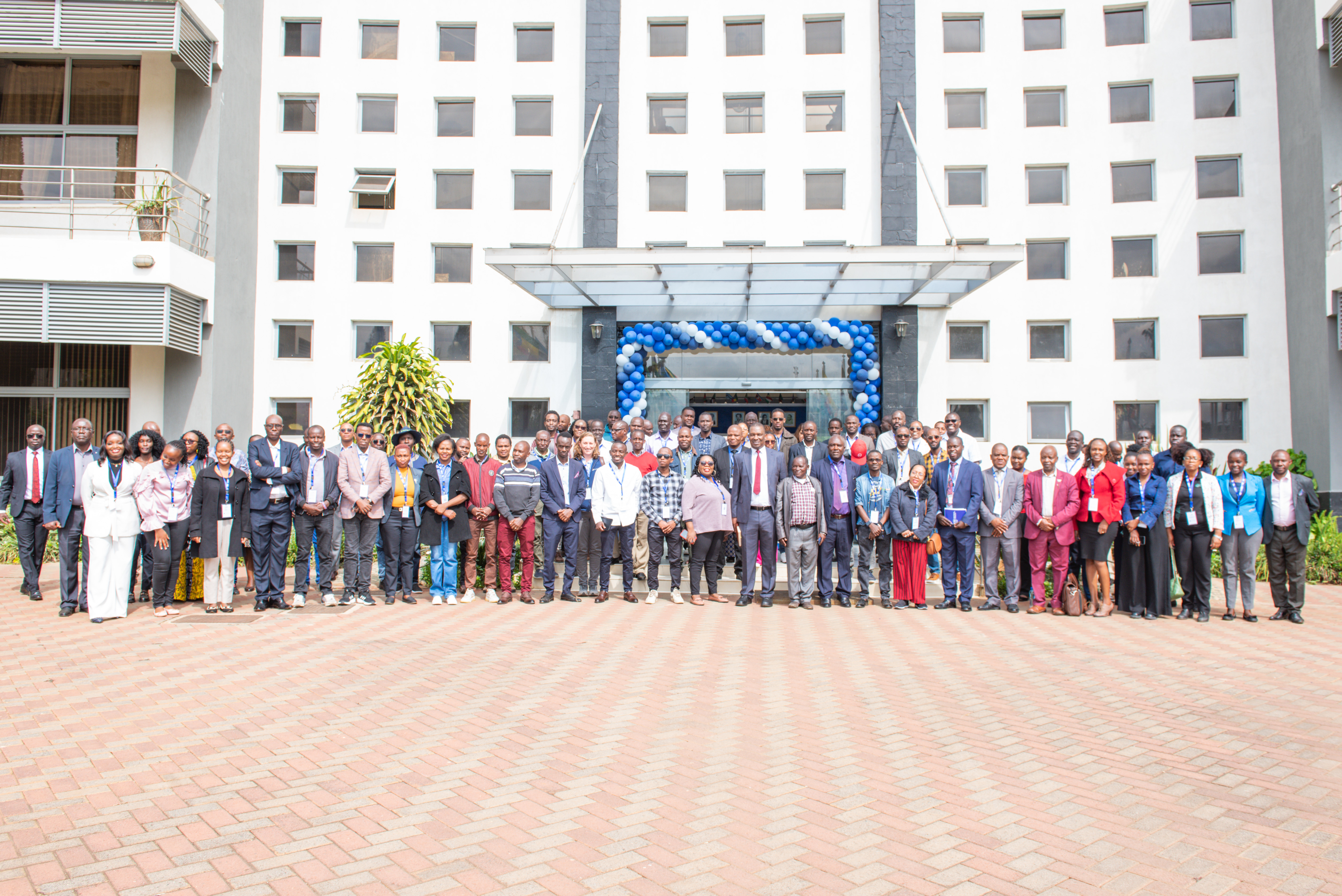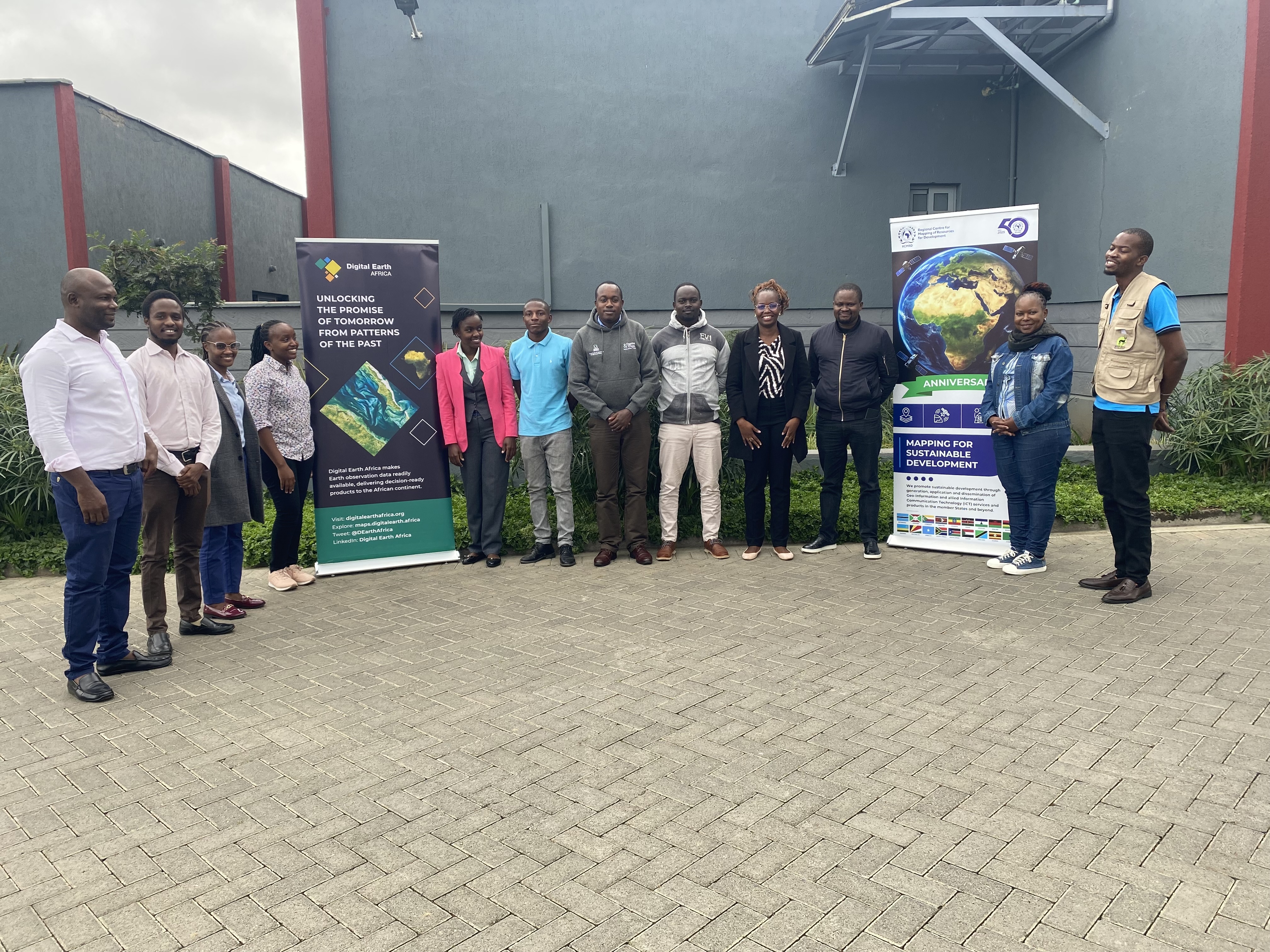From 16 to 20 June 2025, the Regional Centre of Excellence (RCoE) for Biodiversity, Forests and Seascapes Ecosystem Management, hosted by the Regional Centre for Mapping of Resources for Development (RCMRD), convened an Integrated Management Effectiveness Tool (IMET) Sensitization Workshop for stakeholders from 18 countries in Eastern and Southern Africa.
IMET is a powerful, data-driven tool that helps measure how well protected areas are managed, identify gaps, and guide adaptive action.
The workshop marked an important step toward enhancing Protected Area Management Effectiveness (PAME) across the region. PAME measures how well protected areas are managed in achieving conservation goals and safeguarding ecological values. Effective assessments help guide adaptive decision-making, identify management gaps, and provide the evidence needed for strategic investments.
For the RCoE-ESA, whose overarching goal is to ensure the sustainable management of forests, biodiversity, and seascape ecosystems across 24 countries, IMET is a vital mechanism for delivering regular, reliable data to inform policy and strengthen ecosystem resilience for the benefit of local communities.
Over five days, participants explored IMET’s six core elements; Context, Planning, Inputs, Processes, Outputs, and Outcomes, through hands-on sessions and strategic discussions. Participants gained the skills to apply and advocate for IMET within their institutions, enabling more data-driven and impactful conservation. Delegates represented Comoros, Eritrea, Eswatini, Ethiopia, Kenya, Lesotho, Madagascar, Malawi, Mauritius, Mozambique, Namibia, Seychelles, Somalia, South Africa, South Sudan, Tanzania, Zambia, and Zimbabwe.
The workshop was held as part of RCMRD’s 50th anniversary celebrations and it also featured the launch of RCoE Map Book Volume 1, a visual storytelling resource highlighting spatial data and trends to inform regional strategies and support the Kunming-Montreal Global Biodiversity Framework, particularly Target 3 of conserving 30% of land, waters, and seas by 2030.
Key recommendations included strengthening regional data sharing through geoportal platforms, expanding IMET coach training, integrating IMET results into national plans and CBD reporting, conducting regular assessments, promoting inclusive stakeholder engagement, developing regional case studies, engaging policymakers and funders, offering specialized data visualization training, and continuously refining IMET to address regional and transboundary challenges.
Following the workshop, RCMRD conducted a field-based IMET assessment at Naibunga Upper Community Conservancy in Laikipia County from 28 July to 1 August, with a subsequent marine assessment planned. These initiatives will put the training into action, advancing the region’s commitment to effective protected area management and biodiversity conservation.
- RCMRD Celebrates 50 Years of Advancing Excellence for Sustainable Development
- RCMRD Hosts a Media Breakfast Ahead of 50th Anniversary Celebrations
- Strengthening Soil Information for Africa: RCMRD’s Role in the Soils4Africa Project Wrap-Up and Future Outlook
- RCMRD Gives Back Through CSR Activity at Treeside School for the Deaf as Part of RCMRD@50 Celebrations














